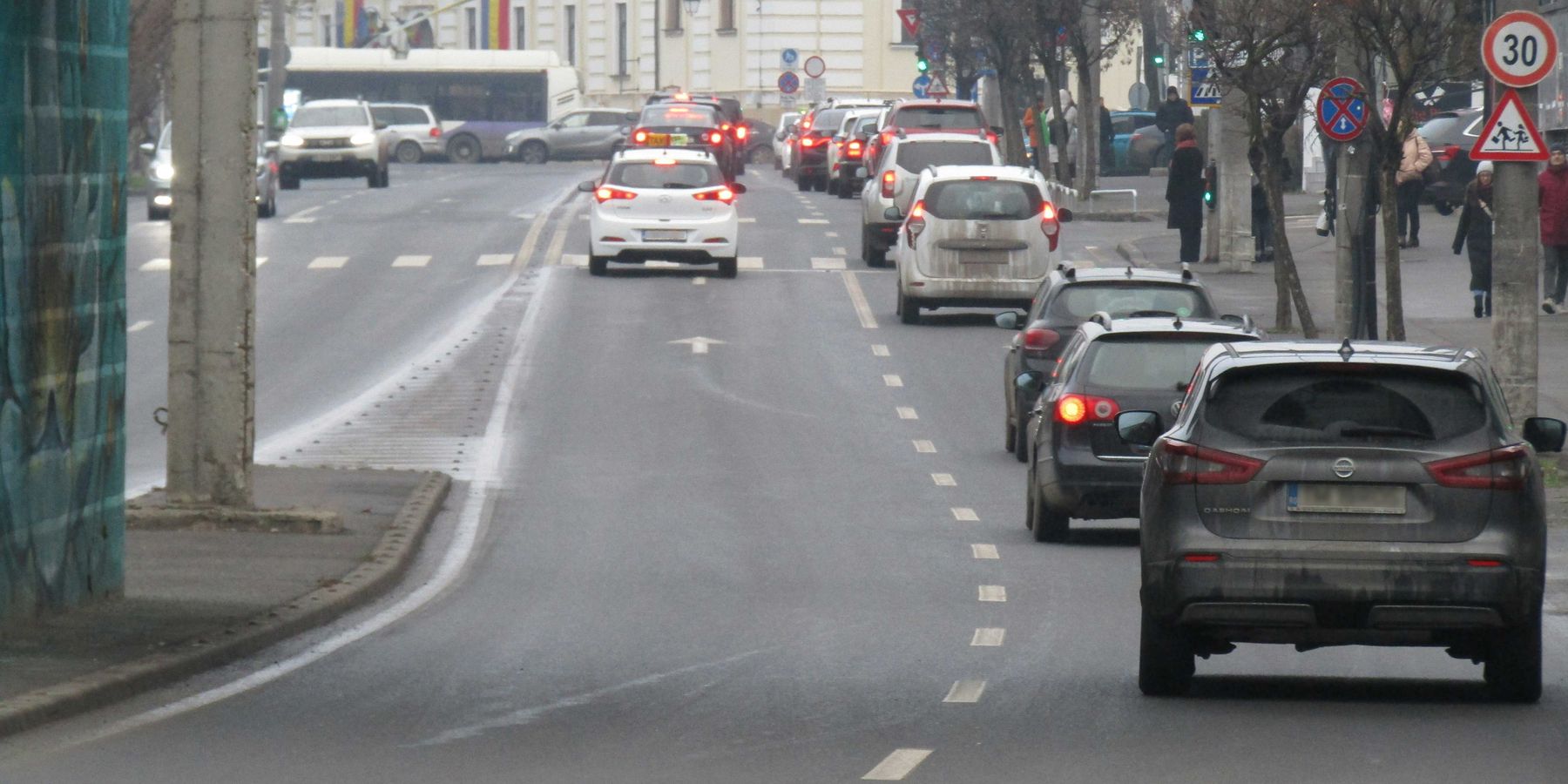American solar firms request federal action against Asian competitors
American solar manufacturers are calling for the U.S. government to impose measures against Asian countries allegedly dumping subsidized panels into the market, arguing this threatens the domestic industry.
Evan Halper reports for The Washington Post.
In short:
- U.S. manufacturers argue that solar panels subsidized by China, but manufactured in other Asian countries, are damaging the U.S. market.
- The petition targets imports from Cambodia, Malaysia, Vietnam and Thailand, which represent 84% of U.S. solar panel imports in the last quarter of 2023.
- The controversy stirs debate within the solar sector, with some warning that tariffs could disrupt growth and escalate costs for consumers.
- China responded that their leading place in the global solar panel market is attributable to "strong performance and full-on market competition, nut subsidies."
Key quote:
"We are seeking to enforce the rules, remedy the injury to our domestic solar industry and signal that the U.S. will not be a dumping ground for foreign solar products."
— Tim Brightbill, attorney for the American Alliance for Solar Manufacturing Trade Committee, the group that filed the petition.
Why this matters:
American firms often argue that Chinese and other Asian manufacturers benefit from significant government subsidies, lower labor costs and less stringent regulations. This can result in lower production costs and cheaper products, making it difficult for American manufacturers to compete on price.
Be sure to listen to Agents of Change senior fellow Azmal Hossan as he talks about an ambitious effort he’s part of to get the U.S. and China working together on climate change.
Visit EHN's energy section for more top news about energy, climate and health.













